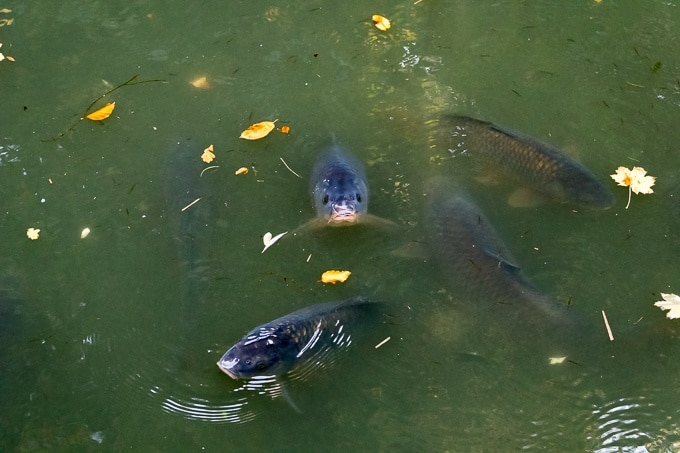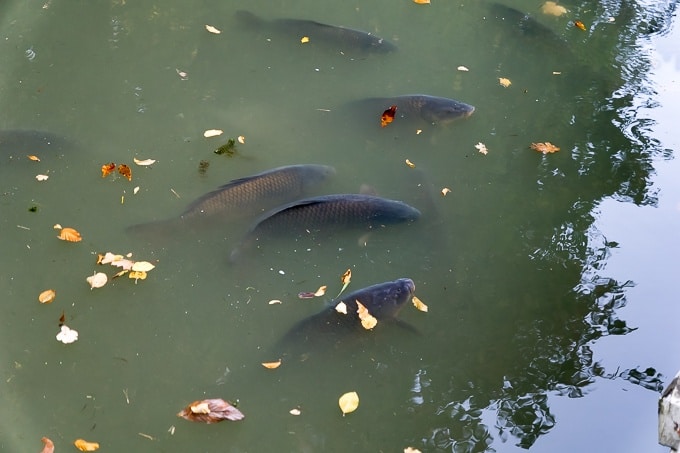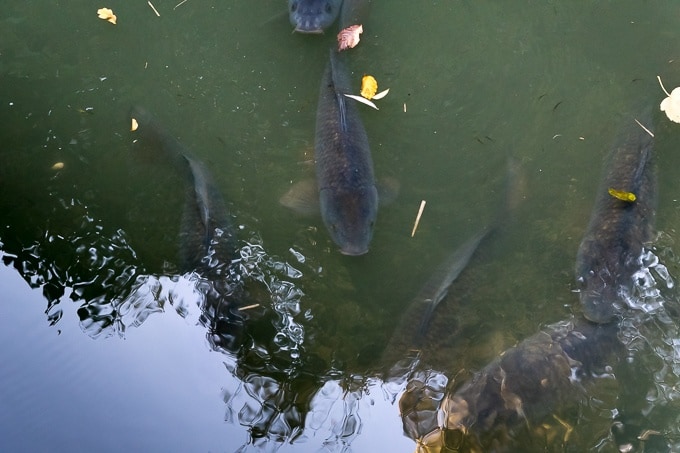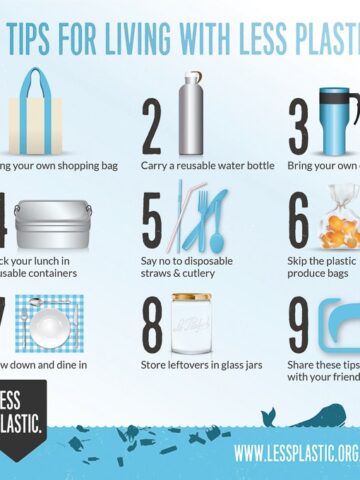
Overfishing is one of the biggest threats to ocean life today. It's a complex issue, but understanding it is the first step toward change. Here's a quick, clear look at the causes and what we can do.
In This Post:
My colleague Julia is a total sustainability pro, and I've learned so much from her. She's full of knowledge, endlessly curious, and I'm so grateful she put together the facts and figures behind the hard-to-stomach topic of overfishing. It's not easy stuff-but important.
What gives me hope is this: we can all do something. Even the smallest step counts. So, let's dive in and see what's really going on.
By Julia Fay
Overfishing is one of the world's biggest sustainability problems, with far-reaching implications for the future of our oceans and the globe.
Overfishing Causes
Here are three definitions of overfishing (including its causes) that are being used by governments and organizations today:
- The practice of commercial and non-commercial fishing which depletes a fishery by catching so many adult fish that not enough remain to breed and replenish the population. Overfishing exceeds the carrying capacity of a fishery.
- Catching too many fish; fishing so much that the fish cannot sustain their population. The fish get fewer and fewer, until finally there are none to catch.
- Fishing with a sufficiently high intensity to reduce the breeding stock levels to such an extent that they will no longer support a sufficient quantity of fish for sport or commercial harvest.
According to the UN Food and Agriculture Organization (FAO), over 25% of the world's fish stocks are either overexploited or depleted. Another 52% (at least, some reports say that the number is closer to 63%) is fully exploited, and these are in immediate danger of overexploitation and collapse. A total of 80% of the world's fisheries are fully- to over-exploited, depleted, or in a state of collapse. Worldwide, 90% of large predatory fish stocks are already gone!
All this points to two very serious sustainability problems:
- Species as well as entire ecosystems are being lost.
- There is a risk of losing this food source which so many depend upon for social, economic, or dietary reasons.
Unfortunately, there is also the issue that not only fish are affected by overfishing. In addition, marine mammals, sharks, sea birds, and other non-marketable fish species are being overexploited, killed as bycatch and discarded and this can be as much as 80% in some fisheries.
Outlook for the year 2048
If depletion of the oceans continues at the current rate, there will be no fish left by the year 2048. We need to think of what this would mean for future generations and humanity, not only the oceans, which are on the verge of being ruined. In our children's lifetimes, fish may disappear completely!

What can be done globally?
- First of all, there need to be globally supported controls that are actually enforced, leaving politics out of it. These controls should limit fishing to a safe amount that won't jeopardize our oceans.
- There should be better management and controls of bycatch to cut down on the unintentional killing and disposal of nonedible fish.
- Ecosystems and habitats should be protected.
- A global monitoring system should be put in place with heavy monetary punishment of those breaking the law.
What can you do?
Cut down or totally eliminate your consumption of fish and fish products!
Not only is this a good sustainability practice, this is also a wise choice for health reasons - the following species are known to have high mercury levels: King mackerel, marlin, orange roughy, shark, swordfish, tilefish, ahi tuna, and bigeye tuna, albacore tuna, most sushi fish.
Pregnant women are advised to avoid these fish completely. Read more here: https://www.nrdc.org/stories/mercury-guide.
Even salmon is highly problematic, which you can read more about at MindBodyGreen.

Progress since 2018
Back in 2017, the New York Times published an article announcing that there has been a first step taken toward a possible global summit on the issue of protecting the oceans. Those talks officially began in 2018 and, after years of debate and diplomacy, a major milestone was reached: in March 2023, UN member states finalized the High Seas Treaty, a landmark agreement aimed at protecting marine biodiversity in international waters. It's a huge step forward for ocean conservation-though actual implementation is still ahead.
For further reading
- Greenpeace on overfishing
- World Wildlife (WWF) on overfishing
- All seafood will run out in 2050, say scientists by The Telegraph
A big thanks again to Julia Fay for putting together this thoughtful and informative piece. If there's anything you'd like to add, feel free to drop it in the comments-I'd love to hear from you.
Curious for more on sustainability? Here are a few reads you might enjoy:
- The BEE-Friendliest Plant for Your Garden
- 49+ Easy Plastic-Free SWAPS for Your Home
- 10 Alarming PLASTIC Facts
- 2 Genius Hacks to Save WATER at Home
Wishing you planty of sustainable delights,
Ramona
♥






Write a Comment